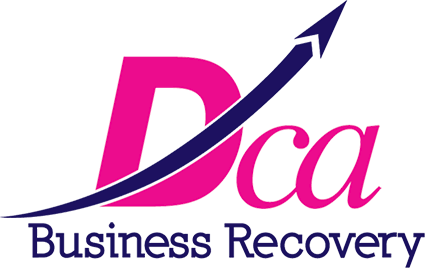Directors’ duties in insolvency – wrongful trading
In these uncertain times, Directors of limited companies need to take extra care, especially when the company is forced into closing down and liquidation occurs.
When a company is insolvent, the Directors’ first duty is to the creditors, rather than to themselves or the shareholders. If the Directors continue to trade, or make the situation worse for creditors, this can have a dramatic effect on the Directors as they are running the risk of WRONGFUL TRADING.
When a company enters liquidation (compulsory or voluntary liquidation), the liquidator has a duty to investigate the Directors’ conduct, to ascertain whether the Directors acted in the best interests of the creditors. One aspect of the liquidator’s investigations will be looking for any instances of wrongful trading.
Have the Directors continued to trade the business past the point when they:
- “knew, or ought to have concluded, that there was no reasonable prospect of avoiding insolvent liquidation” and
- did not take “every step with a view to minimising the potential loss for the company’s creditors”.
Directors may not know what “warning signs” to look out for, when they are busy trying to keep the business afloat. If Directors are having cash flow problems, then they need to know what constitutes a wrongful trading action.
These can include:
- accepting credit from suppliers when there is doubt that it will be repaid
- failing to file annual accounts for the company at Companies House
- failing to submit Annual Returns for the company at Companies House
- utilising Crown monies for the continuation of the business
- not operating the PAYE and VAT schemes correctly and building up arrears
These are a few examples of wrongful trading – and it is important to remember that judgements are made on the basis of what the Director actually knew, but what they should have known, had they been a reasonable Director.
It is imperative that in difficult trading conditions, Directors remain vigilant and avoid potential problems of wrongful trading, as the consequences can be very painful. The Directors risk personal liability for the losses incurred during the wrongful trading period and possible disqualification as a Director.
In order to avoid a claim for wrongful trading, Directors should always take the following steps:
- hold regular board meetings to discuss any potential problems
- keep up-to-date financial records and review financial reports/information
- take minutes of board meetings and make notes of any decisions made
- regularly review all decisions made
- take professional advice, if at any stage there is concern, or circumstances change
It is therefore vital for Directors to take advice sooner rather than later to ascertain whether they could be pursued for a claim of wrongful trading in the event of insolvency.
DCA offers an initial consultation in confidence and without charge. This can be a phone call or a Zoom meeting, so your client can be located anywhere in the UK. To arrange an informal meeting, or phone call, please contact Debbie Cockerton on 01702 344558 or take advantage of our “UK Recovery Helpline” which operates 7 days a week, (8am to 8pm) on 0800 066 2544.

